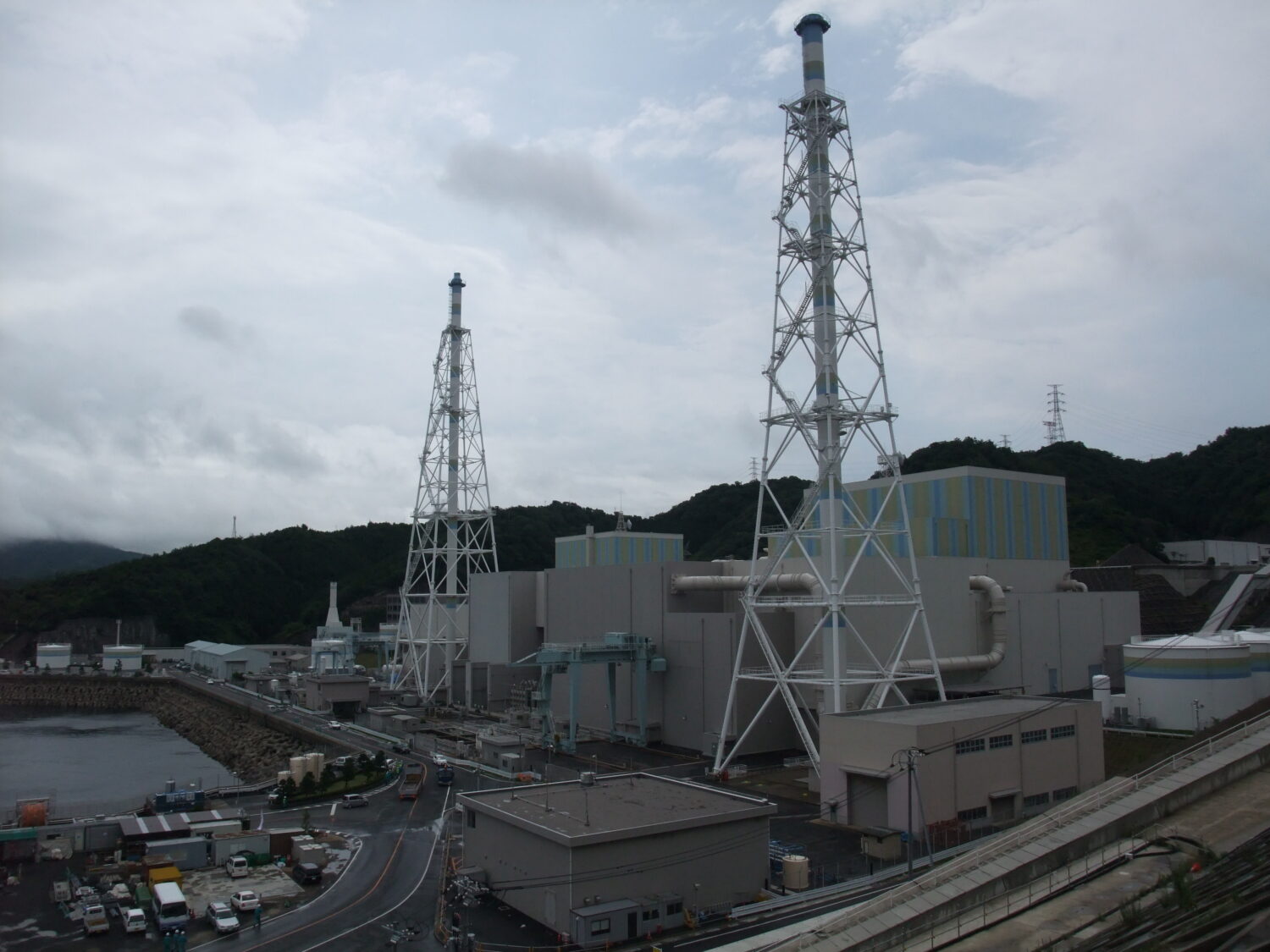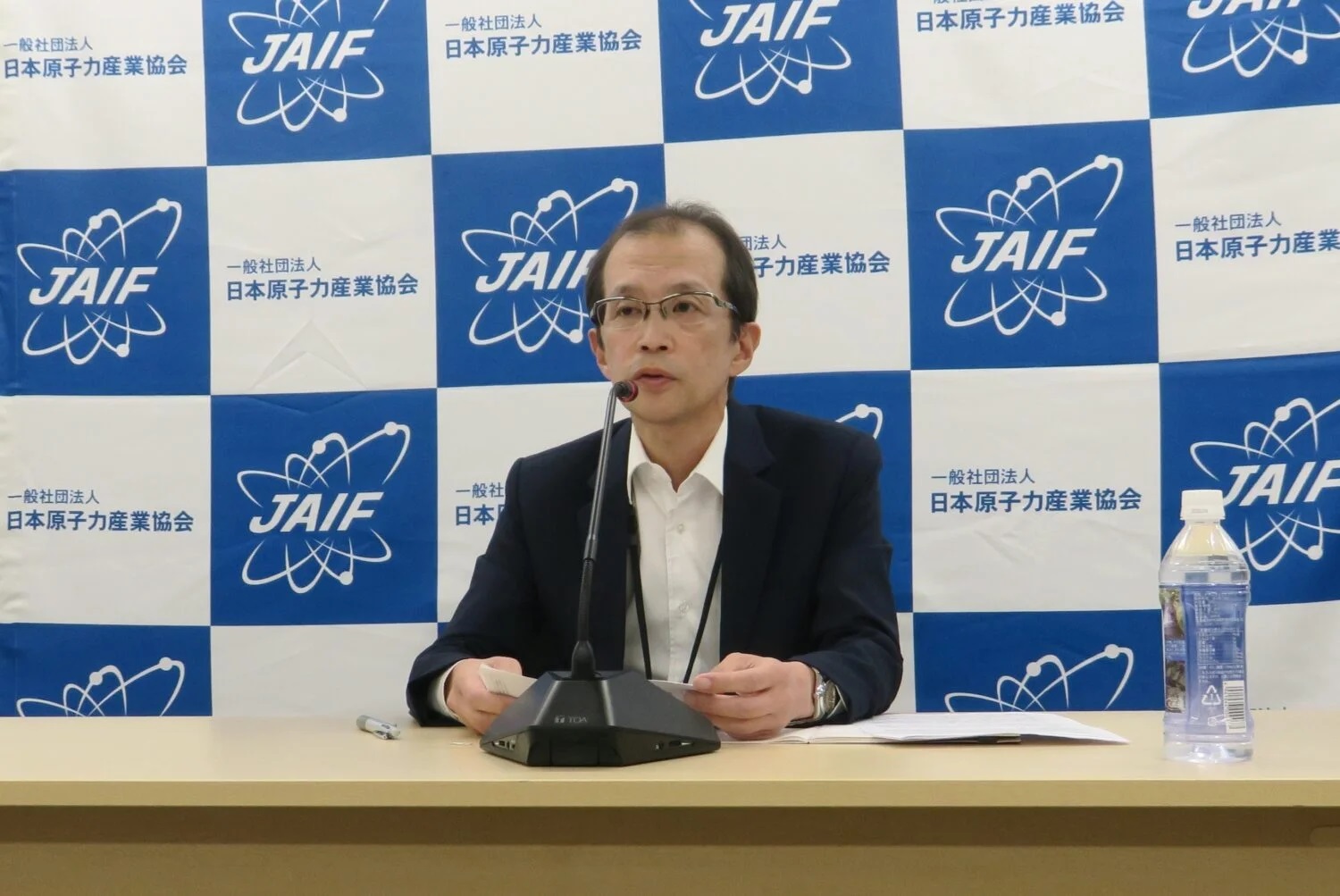Discussions focused on how to present quantitative projections for nuclear power development under specific assumptions and perspectives. Topics included the development and deployment of next-generation advanced reactors, the maximum utilization of existing reactors, maintenance of the nuclear supply chain and human resources, domestic demonstration of small modular reactors (SMRs), and improvements to the investment environment. Many members voiced the view that, although the 7th Strategic Energy Plan has been finalized, numerous challenges remain in concretely positioning nuclear as a decarbonization power source alongside renewables.
YAMASHITA Yukari of the Institute of Energy Economics, Japan (IEEJ), cited France as an example, noting that “In February 2022, France announced plans to build 6 to 14 large-scale reactors and several SMRs by 2050, and is advancing R&D to support reactor life extensions. However, due to various uncertainties on both the demand and supply sides, setting numerical targets for nuclear power generation remains difficult and poses a risk.”
TAMURA Tae of Mizuho Bank added, “If advanced reactor development progresses, each reactor type may require a distinct supply chain. Although setting quantitative projections or a long-term vision is difficult, I hope realistic figures will be presented.”
MATAYOSHI Yuka of SMBC Nikko Securities emphasized the importance of providing a quantitative outlook on nuclear power capacity, while also noting that projections tied to specific timelines inevitably involve uncertainties. She stressed the need to develop such benchmarks—such as how many units to introduce by which year—through a process of consensus-building. She also called for the establishment and activation of a centralized command structure to coordinate efforts across power utilities, industry groups, and regulatory bodies.
MASUI Hideki, President of the Japan Atomic Industrial Forum (JAIF), who also participated as an expert member, emphasized the importance of (1) defining how much nuclear capacity is needed and by when, (2) considering frameworks for financing and investment recovery, and (3) addressing supply chain challenges. He stressed that continued collaboration between the government and the nuclear industry is essential.
Chairman Kurosaki acknowledged that the 7th Strategic Energy Plan sets a policy direction of nuclear contributing around 20% of Japan’s power mix in FY2040. However, he remarked that “Formulating concrete and feasible plans remains a major task.” He also highlighted the importance of addressing backend issues, including the decommissioning of the Fukushima Daiichi Nuclear Power Plants and delays in the review process for the Rokkasho Reprocessing Plant.
Additionally, it was decided during the meeting to establish a working group under the subcommittee to advance discussions on the nuclear fuel cycle.



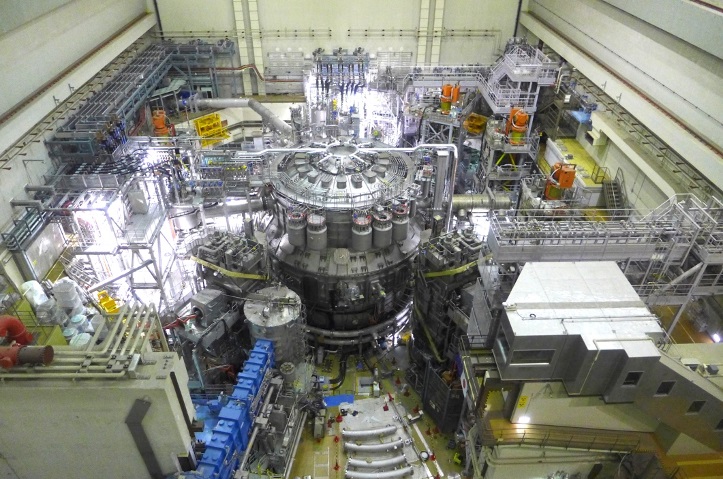


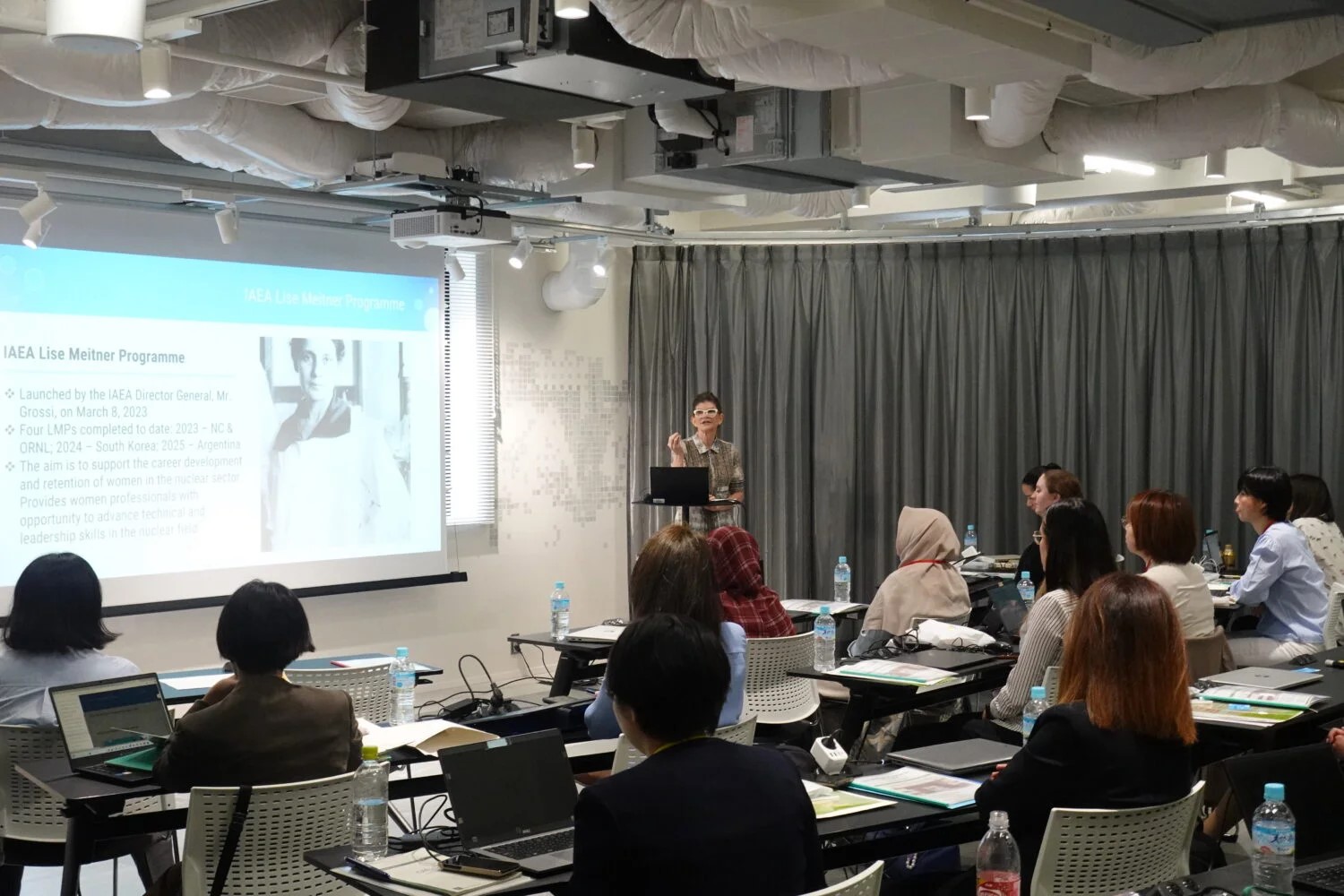


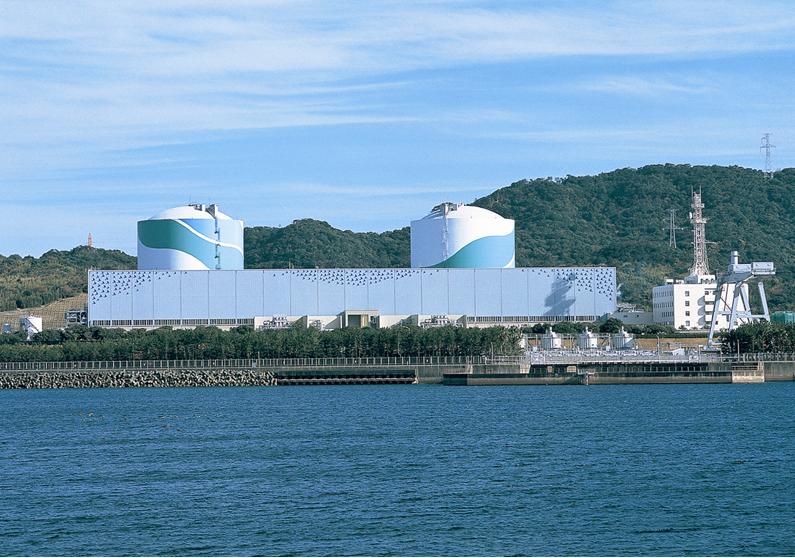
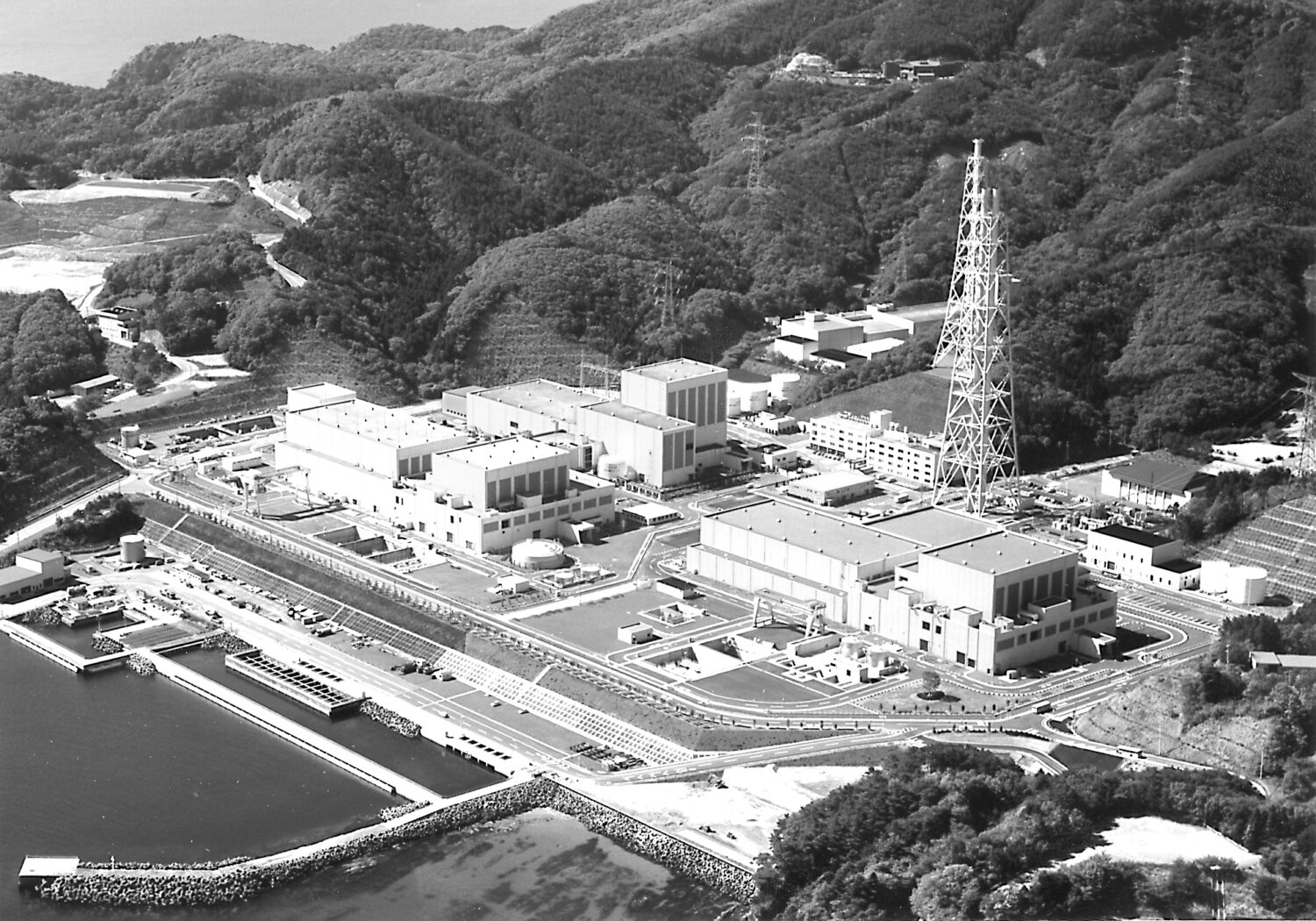
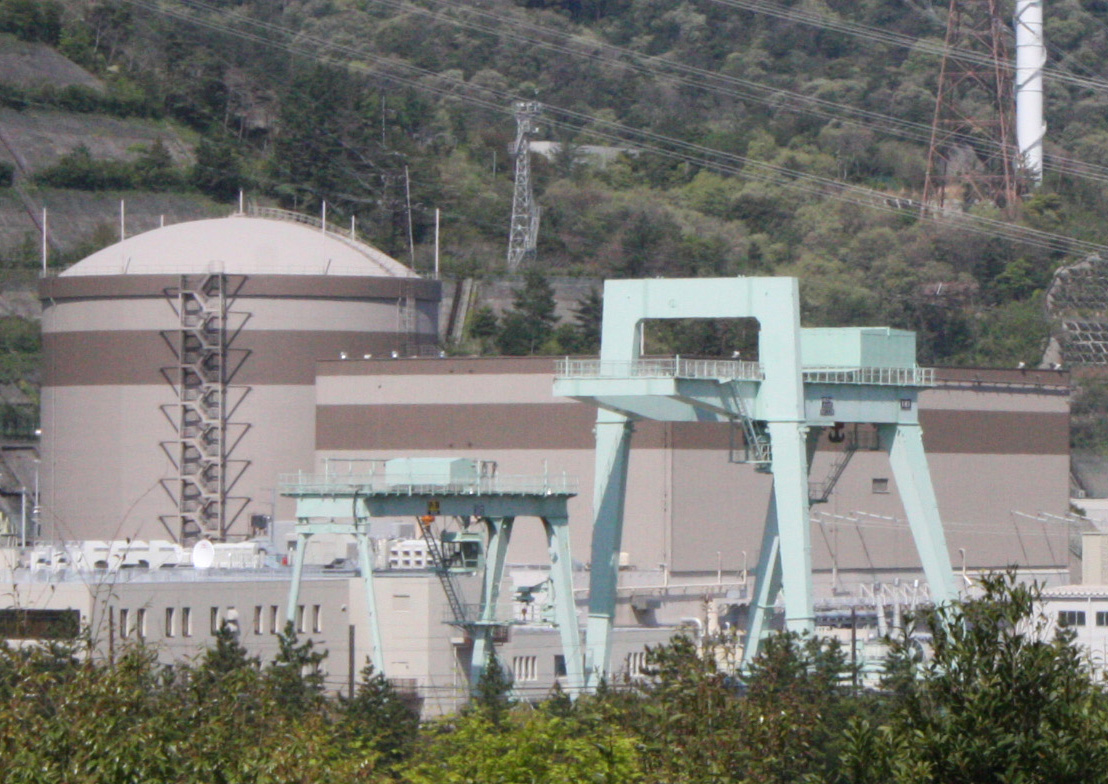
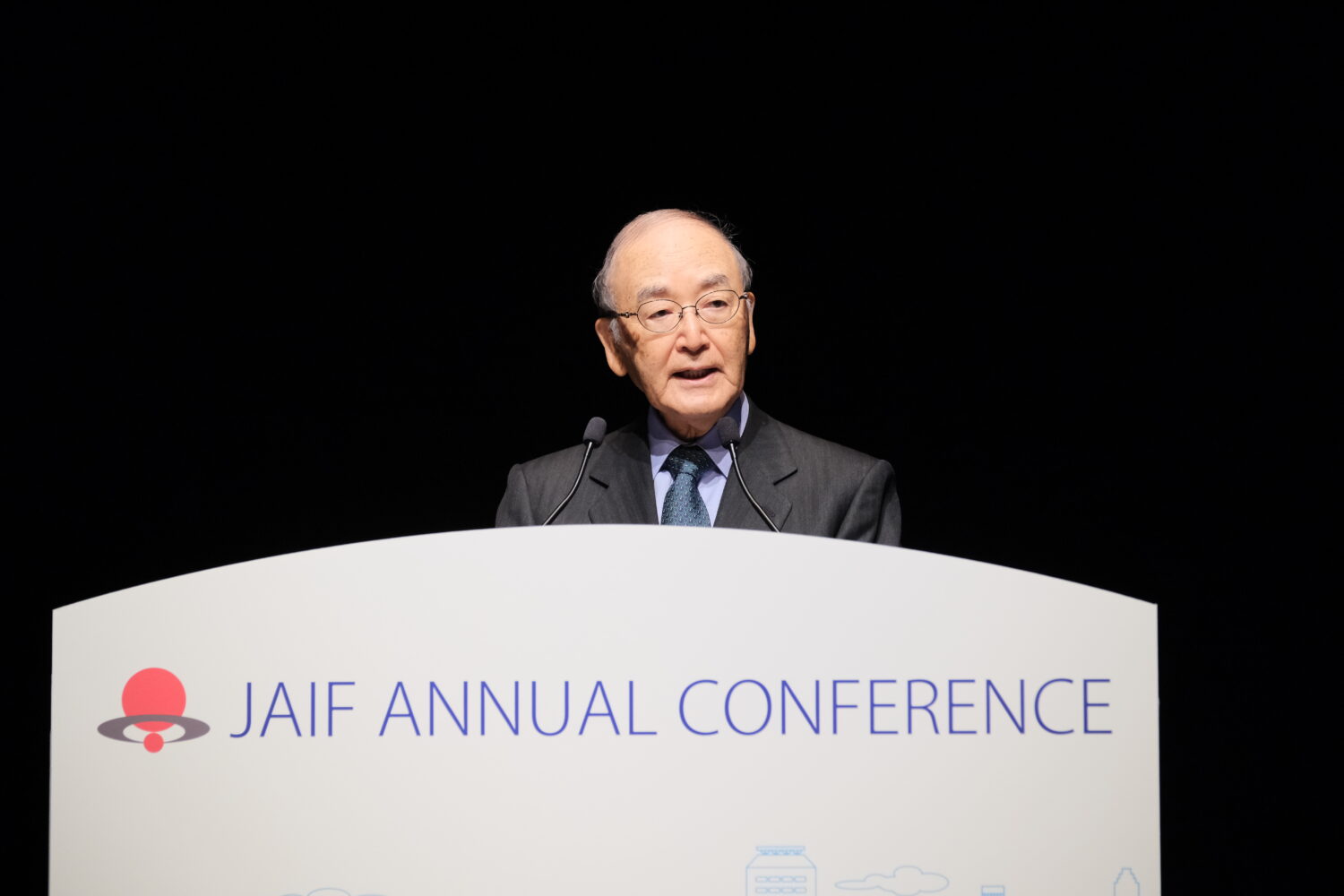
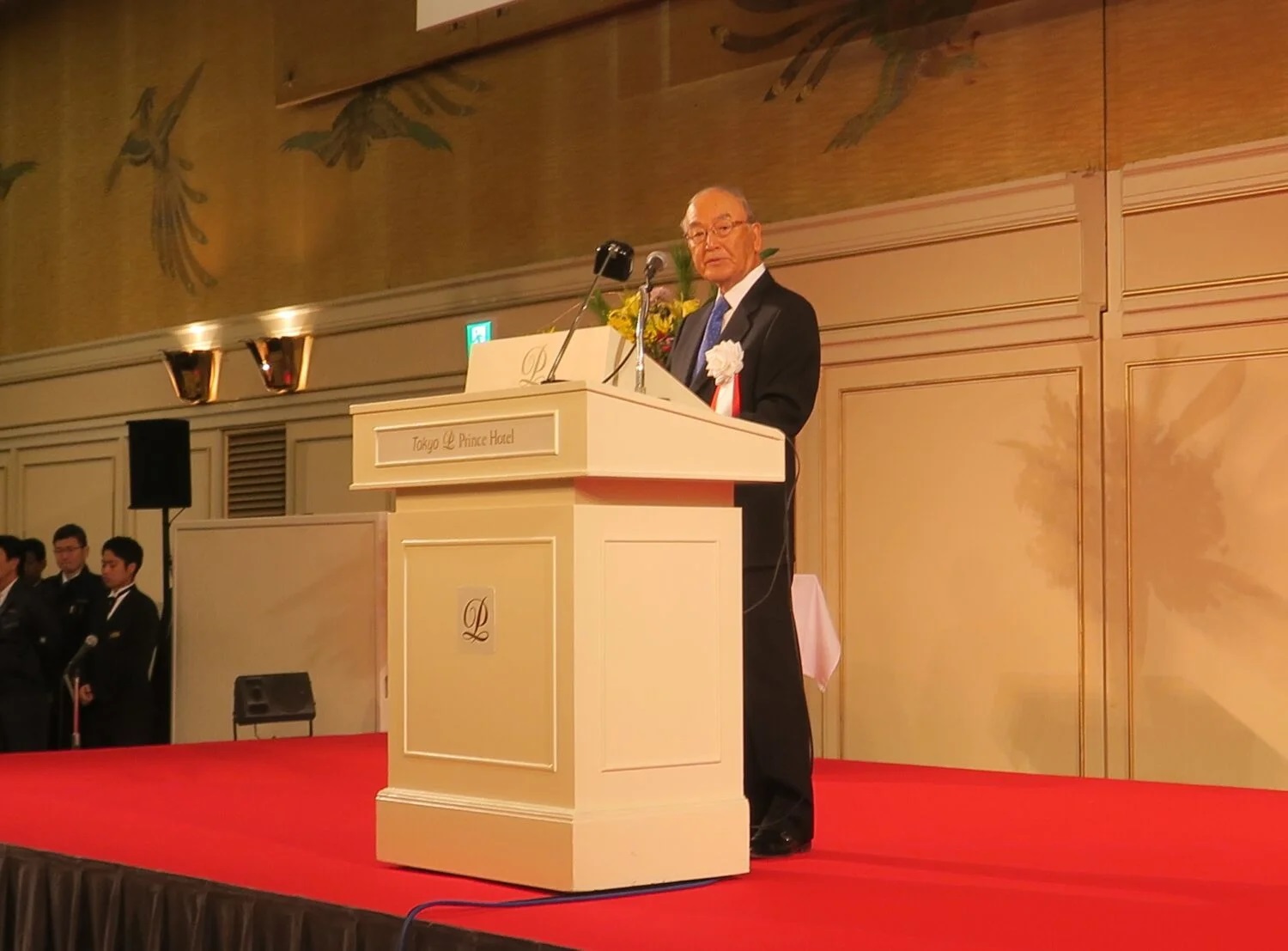
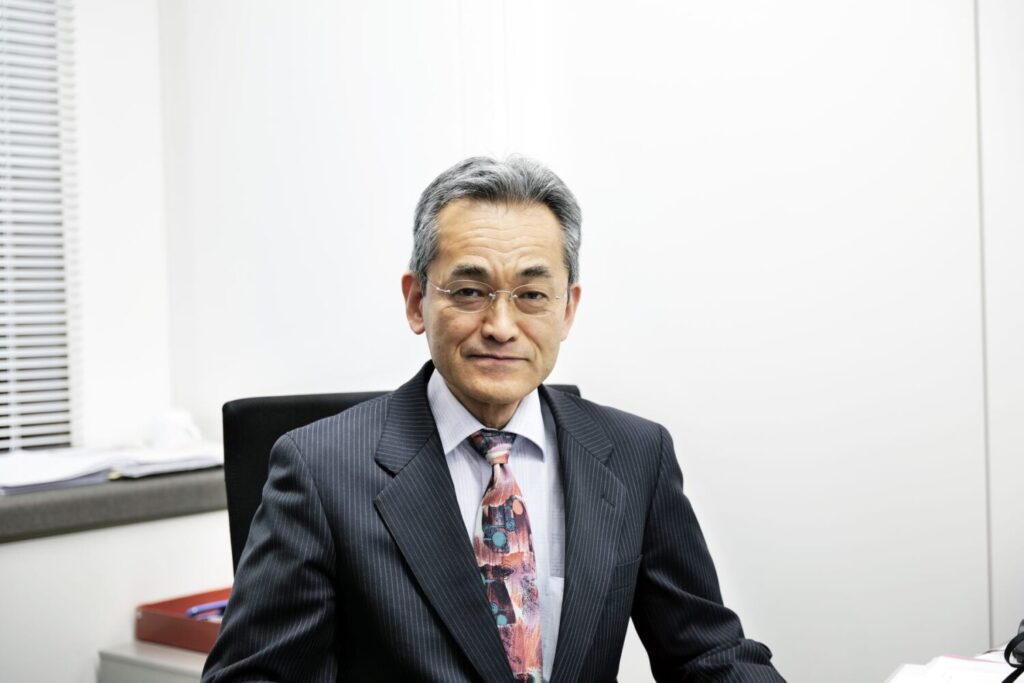

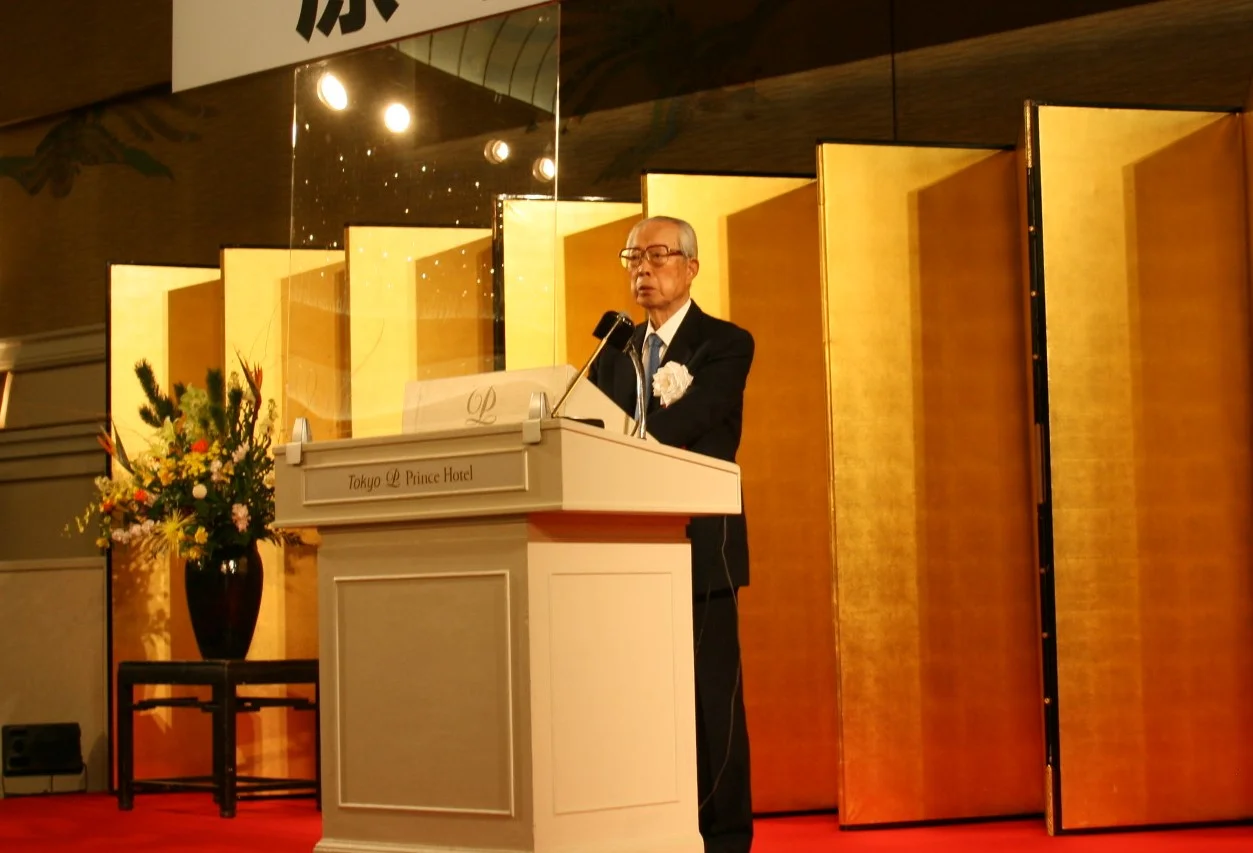
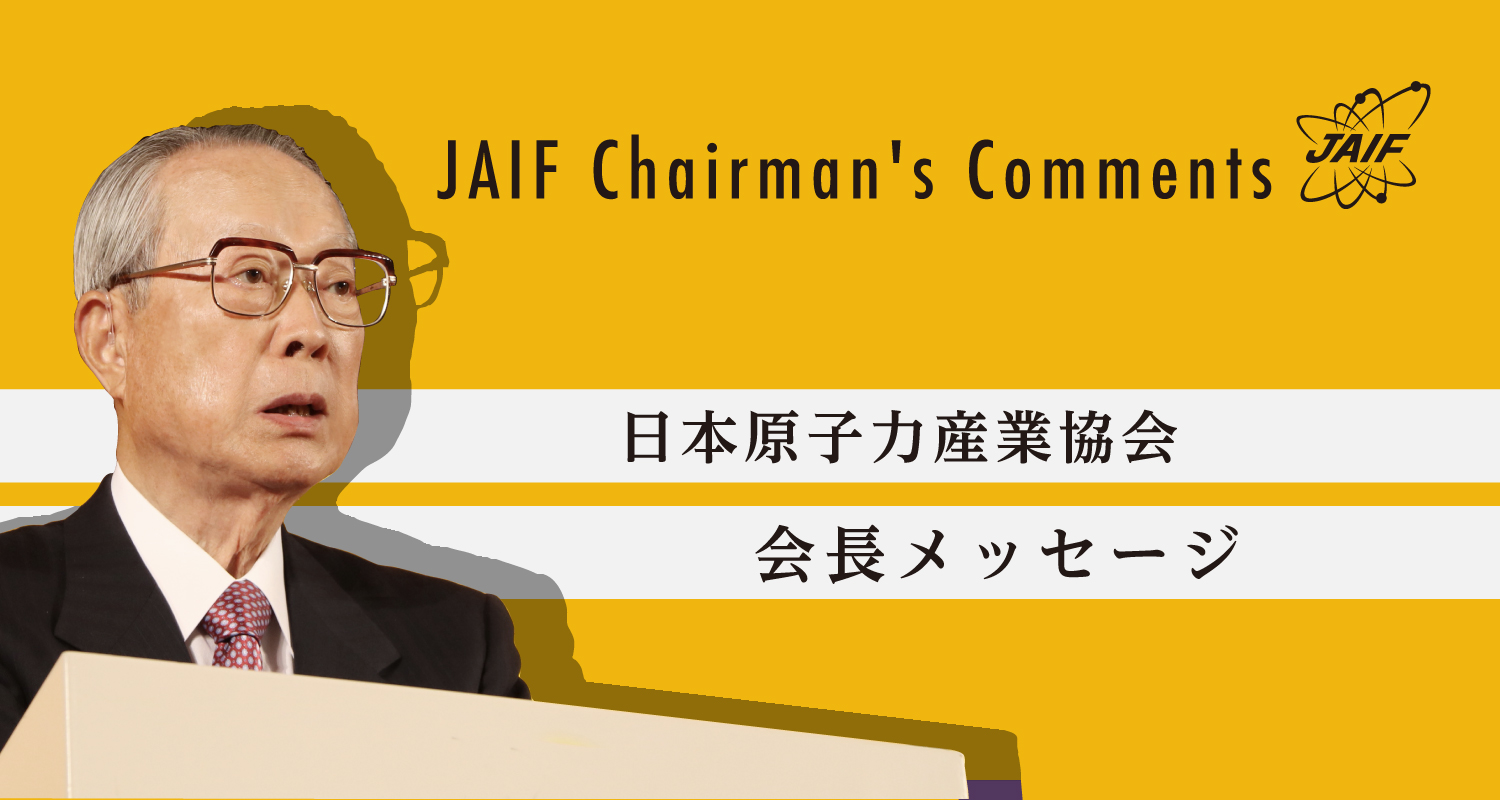
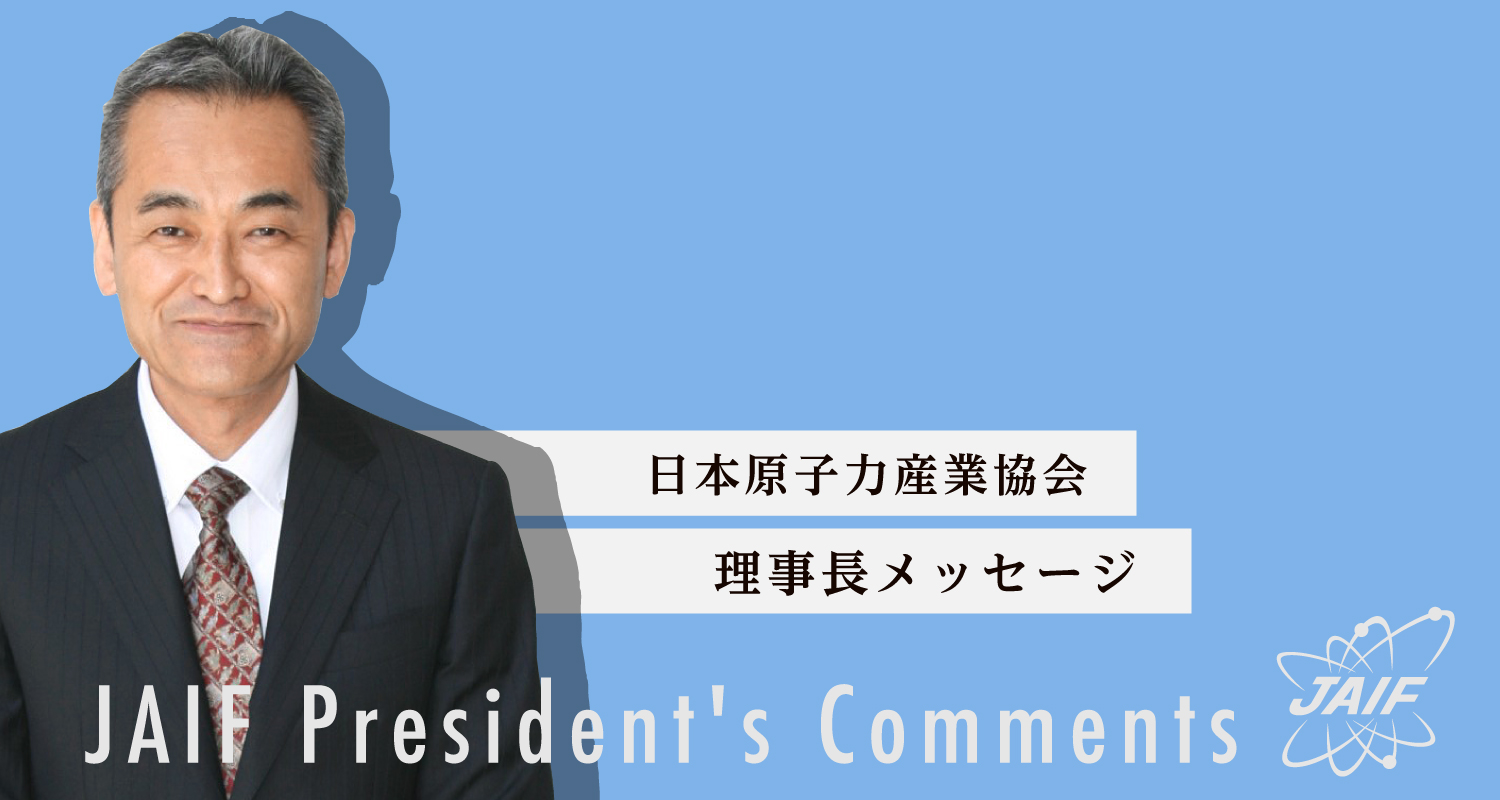
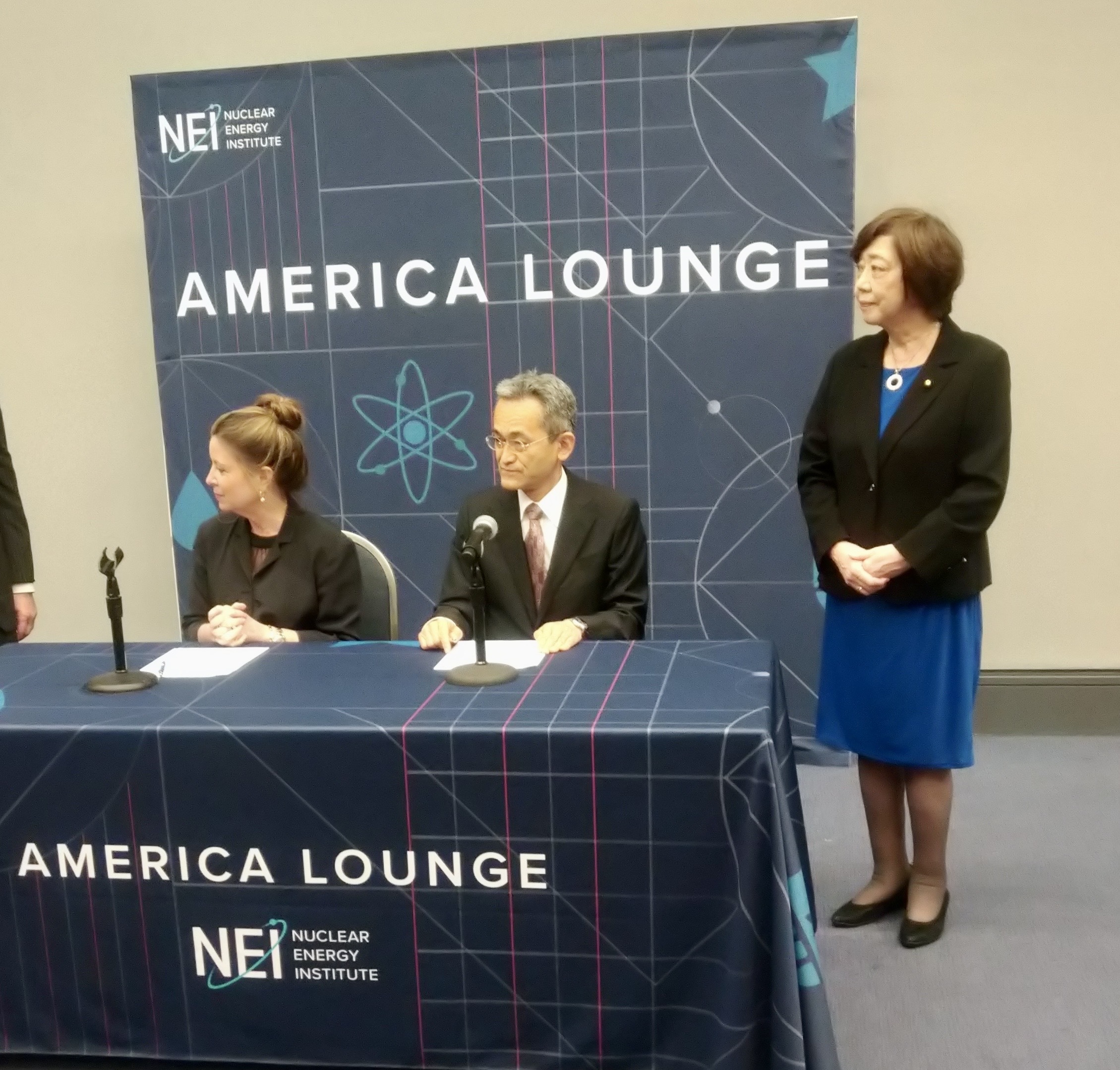

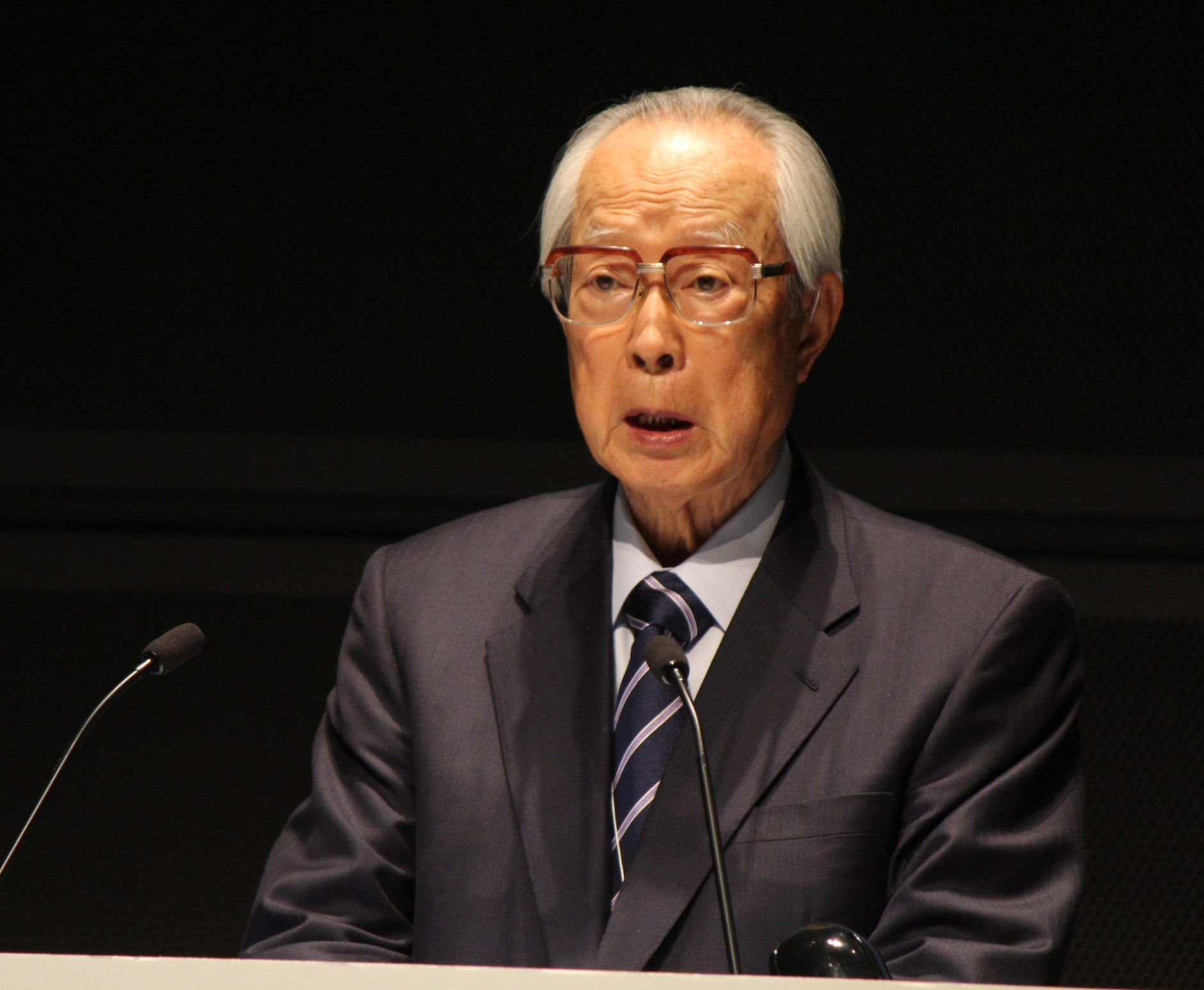
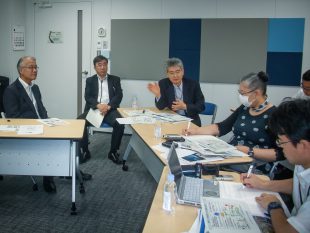


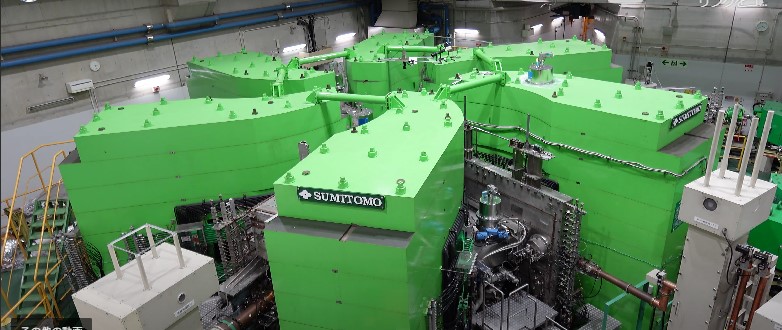





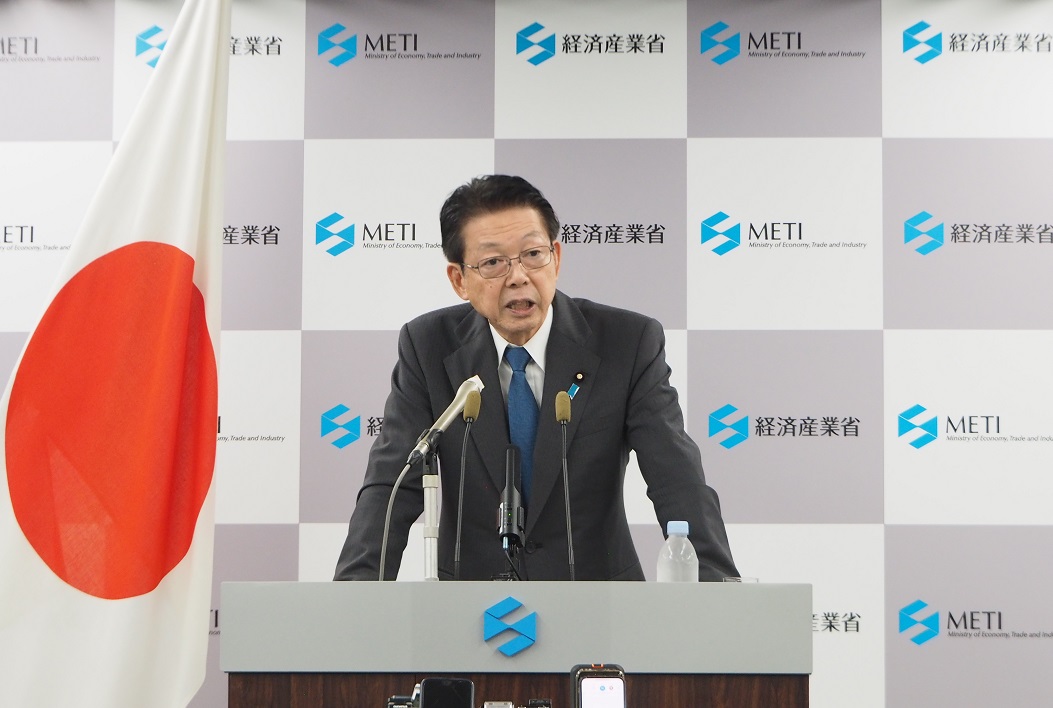
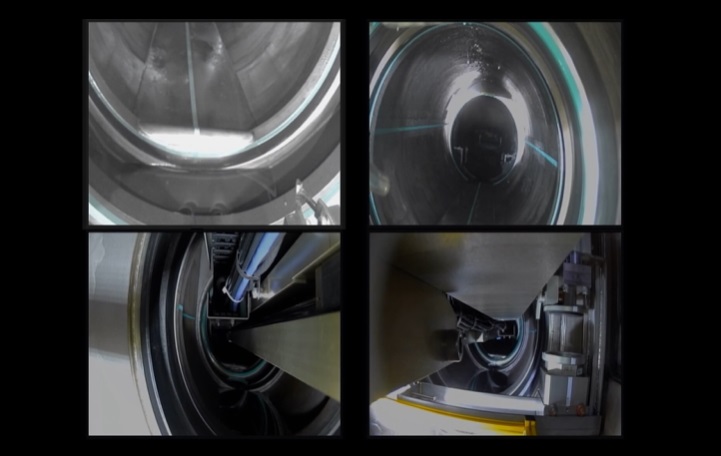
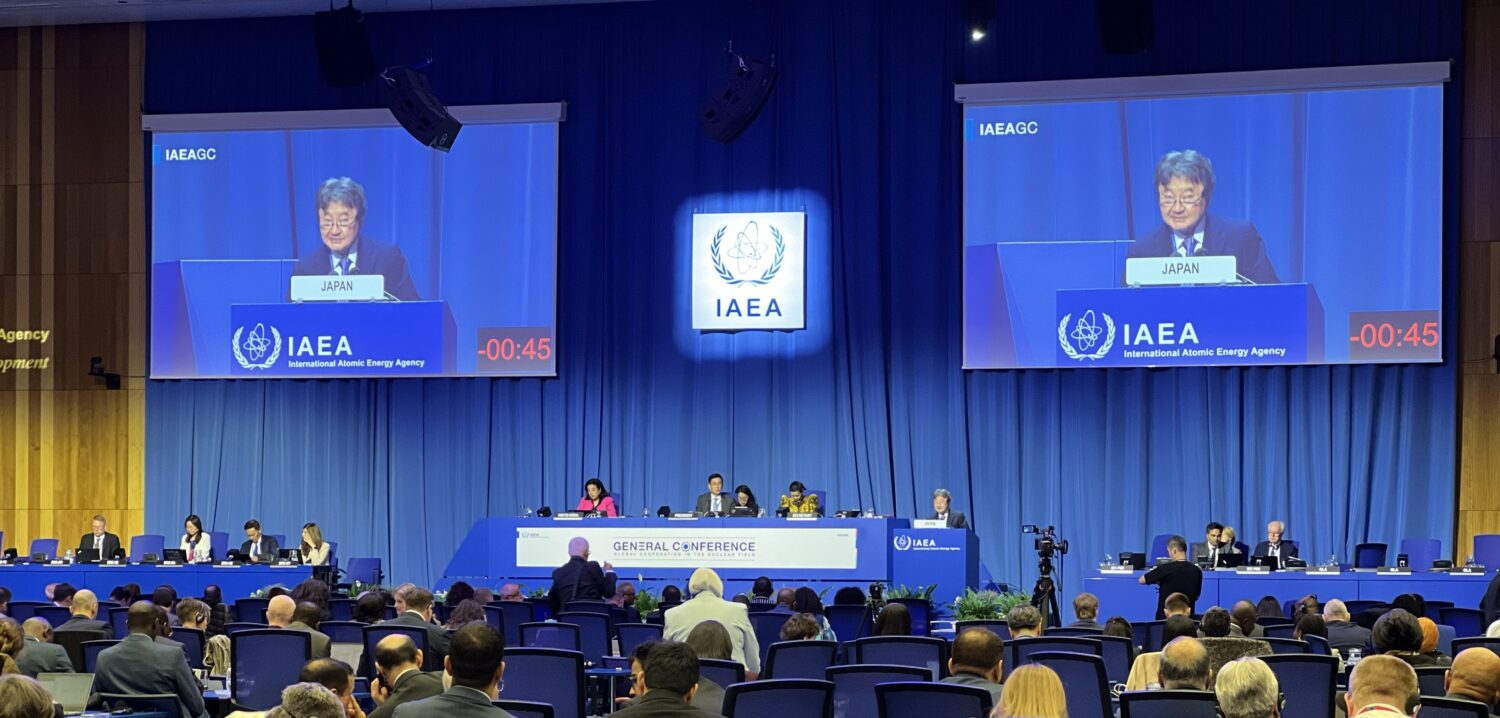


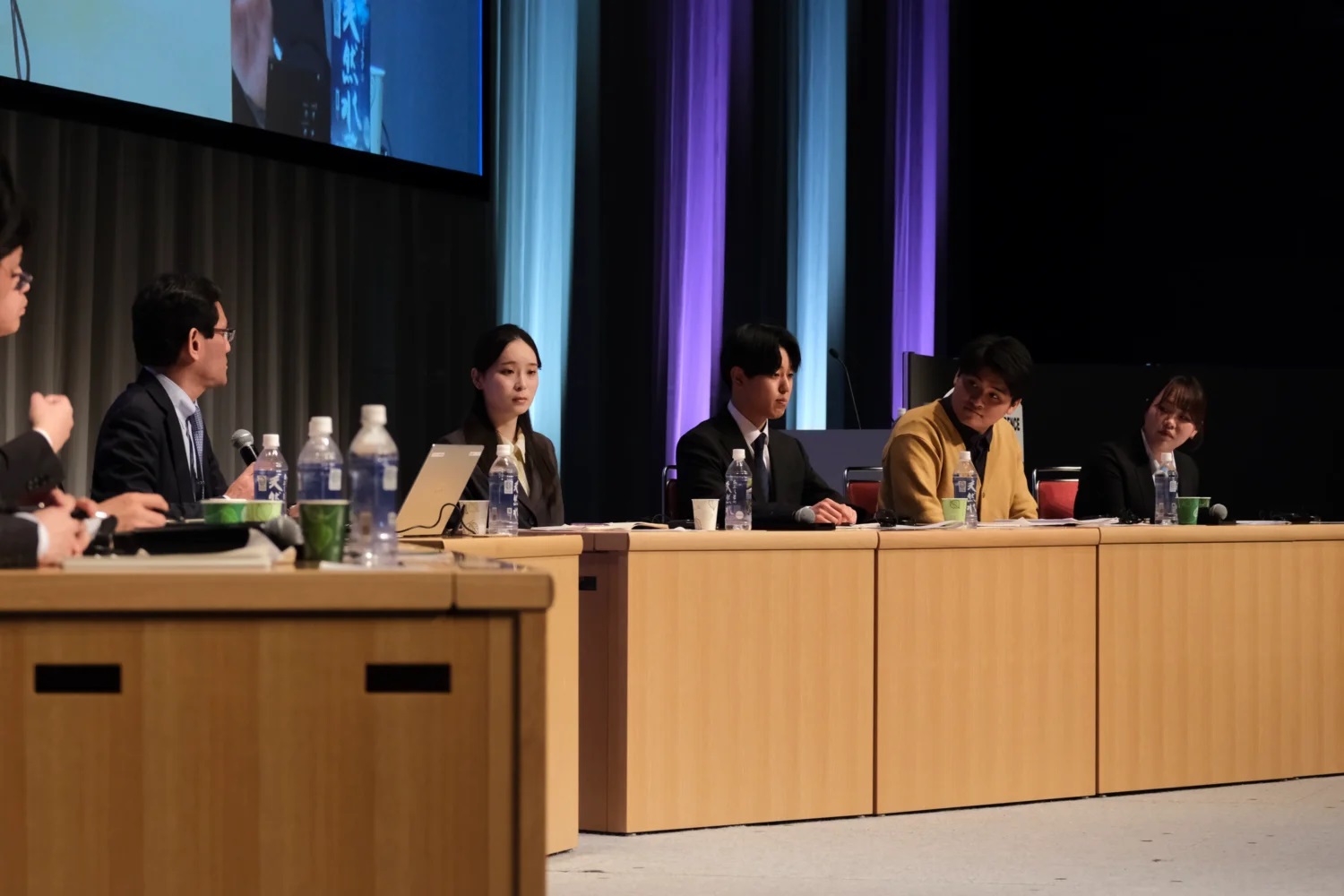
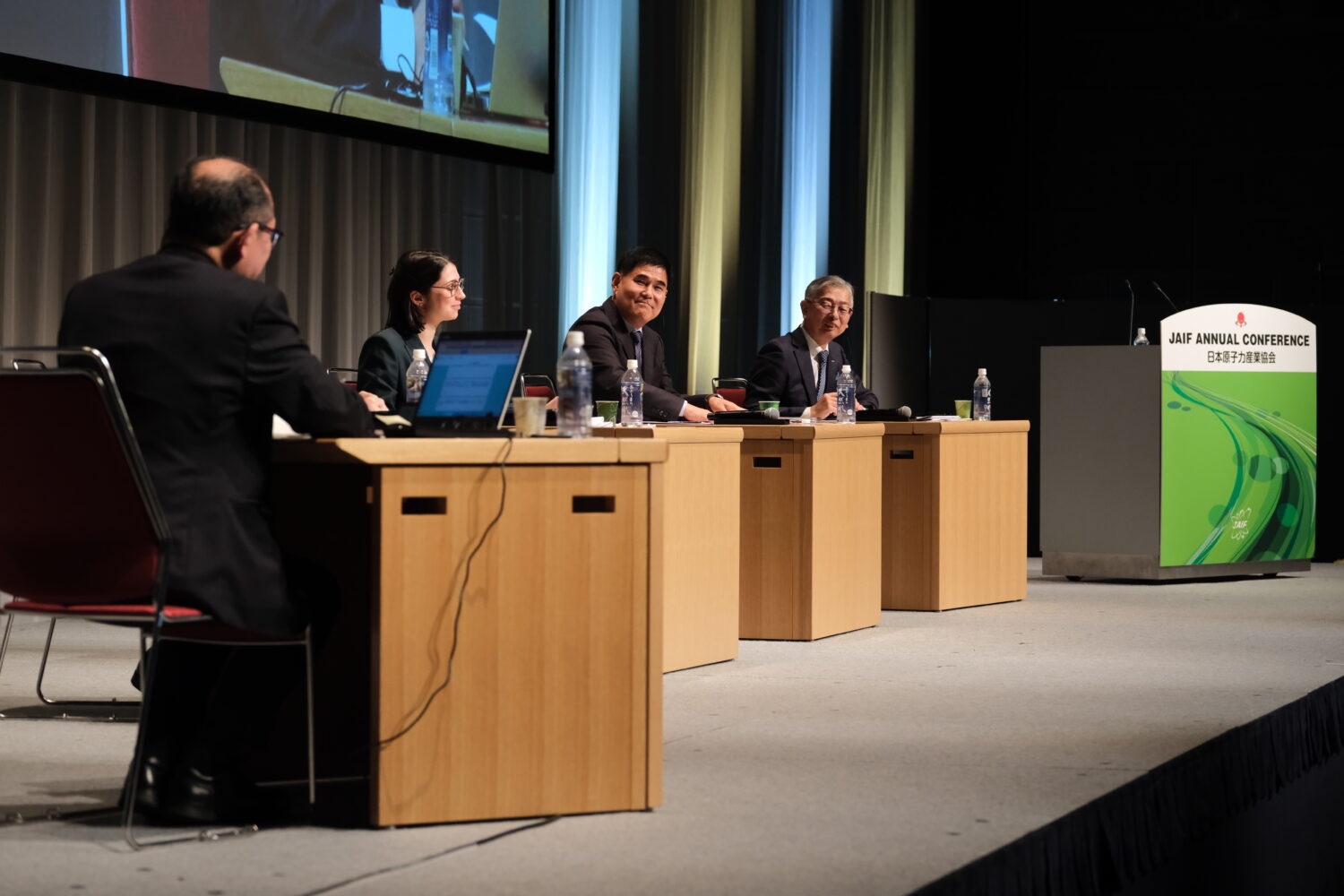
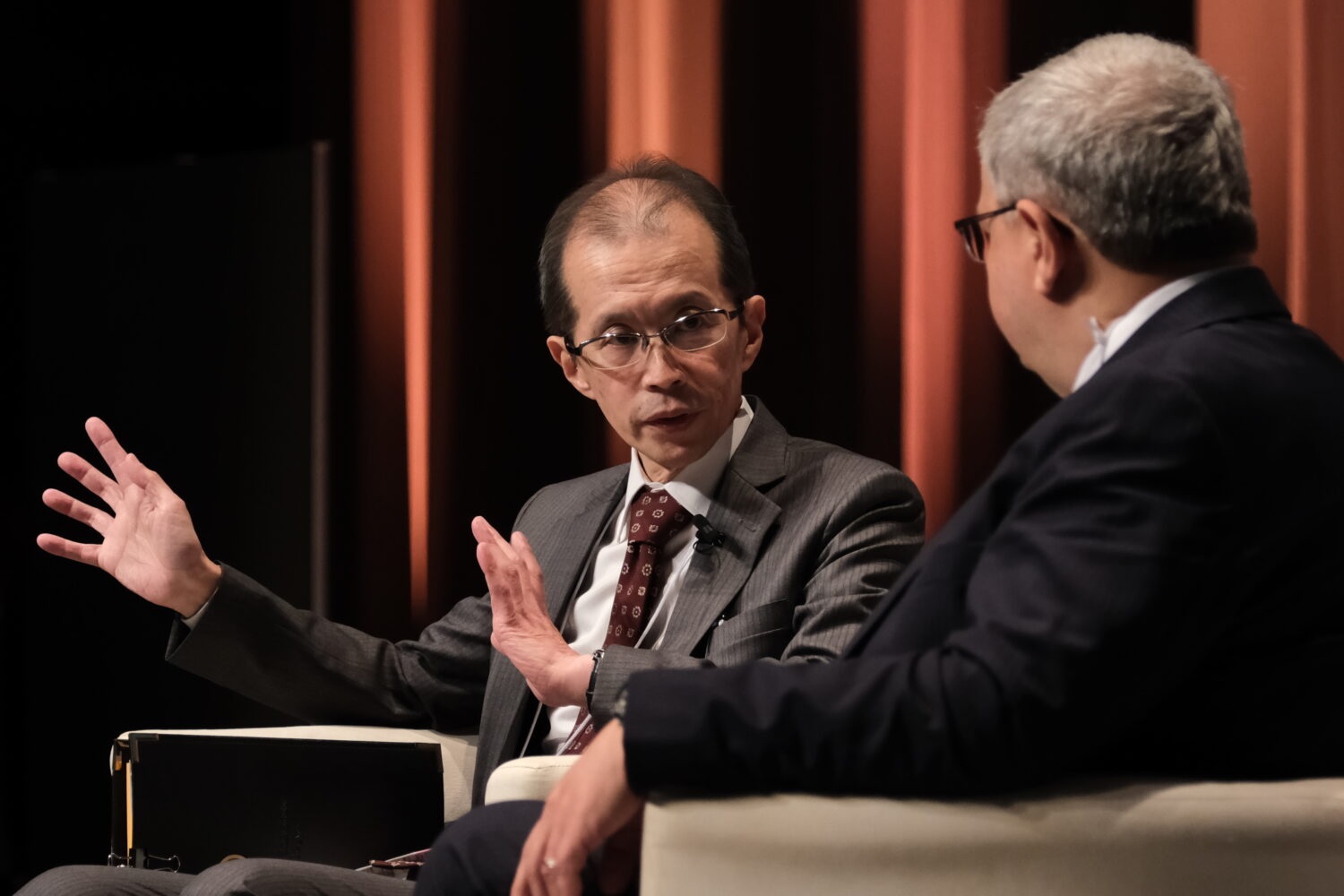
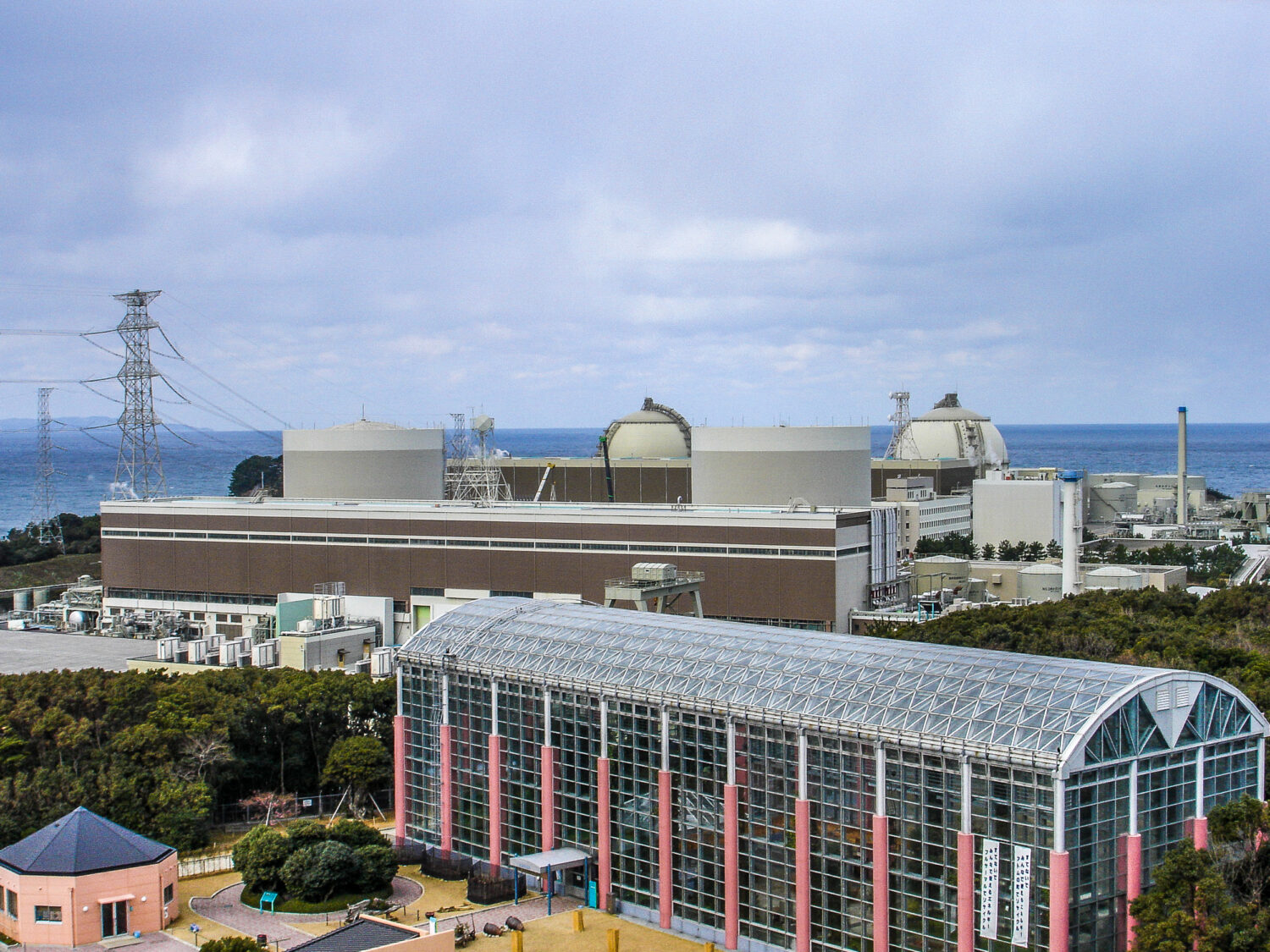
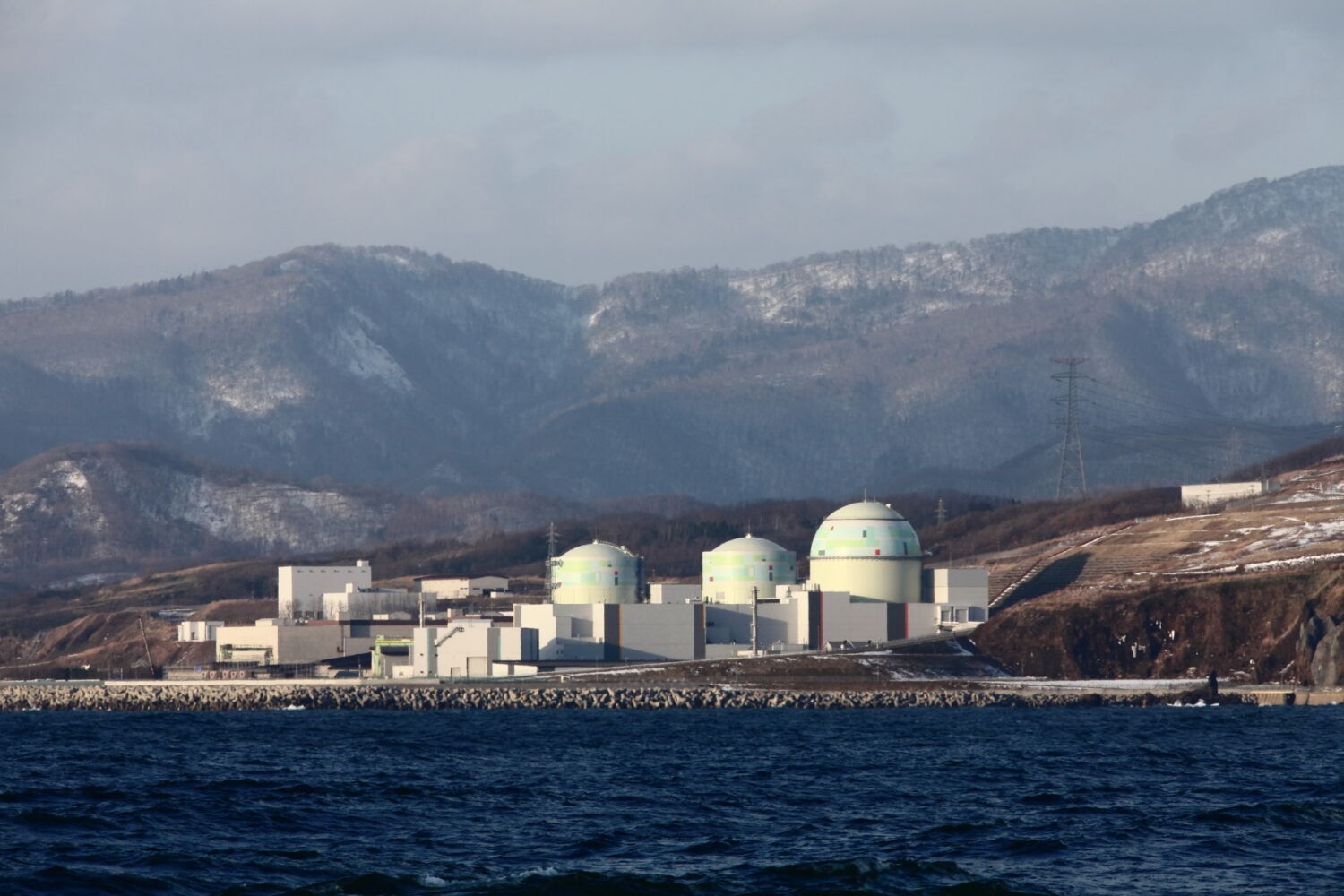
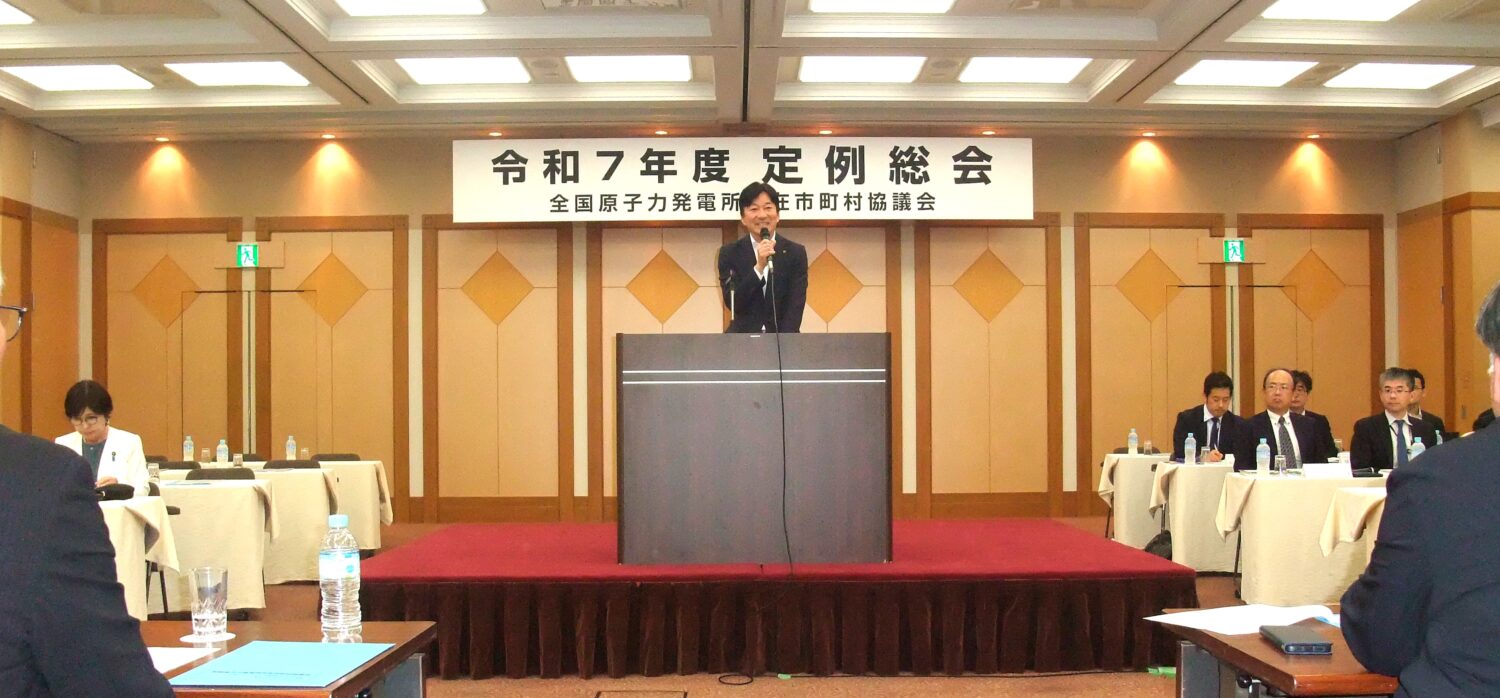
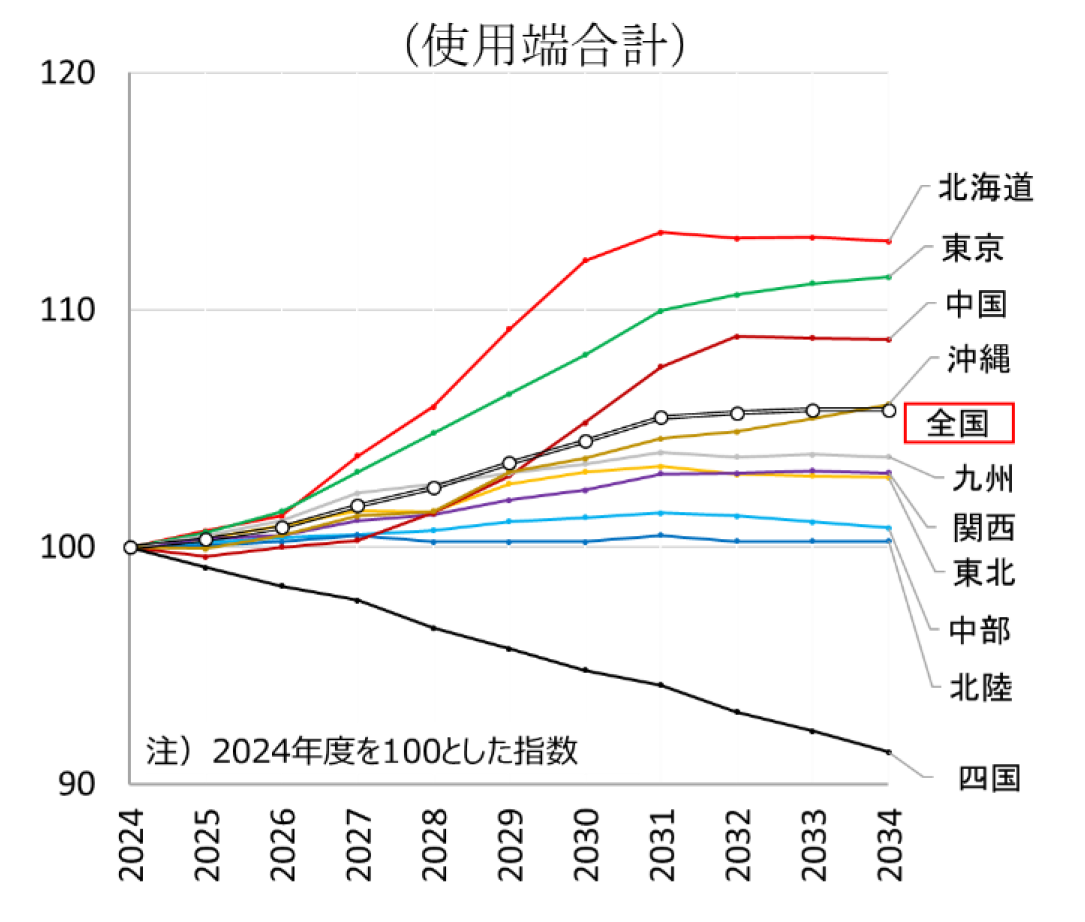
-013.jpg)


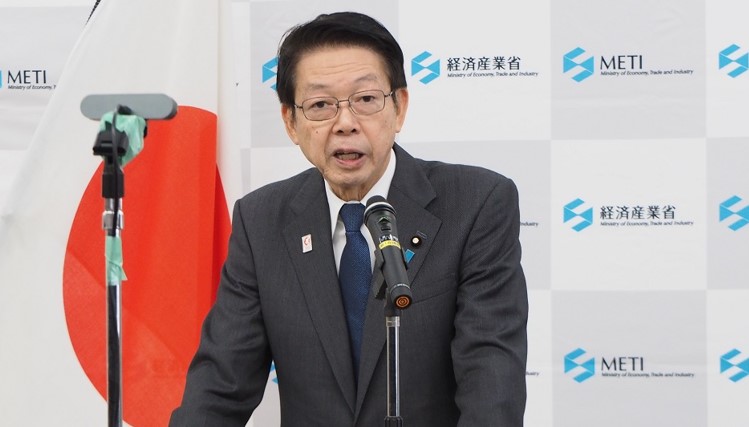
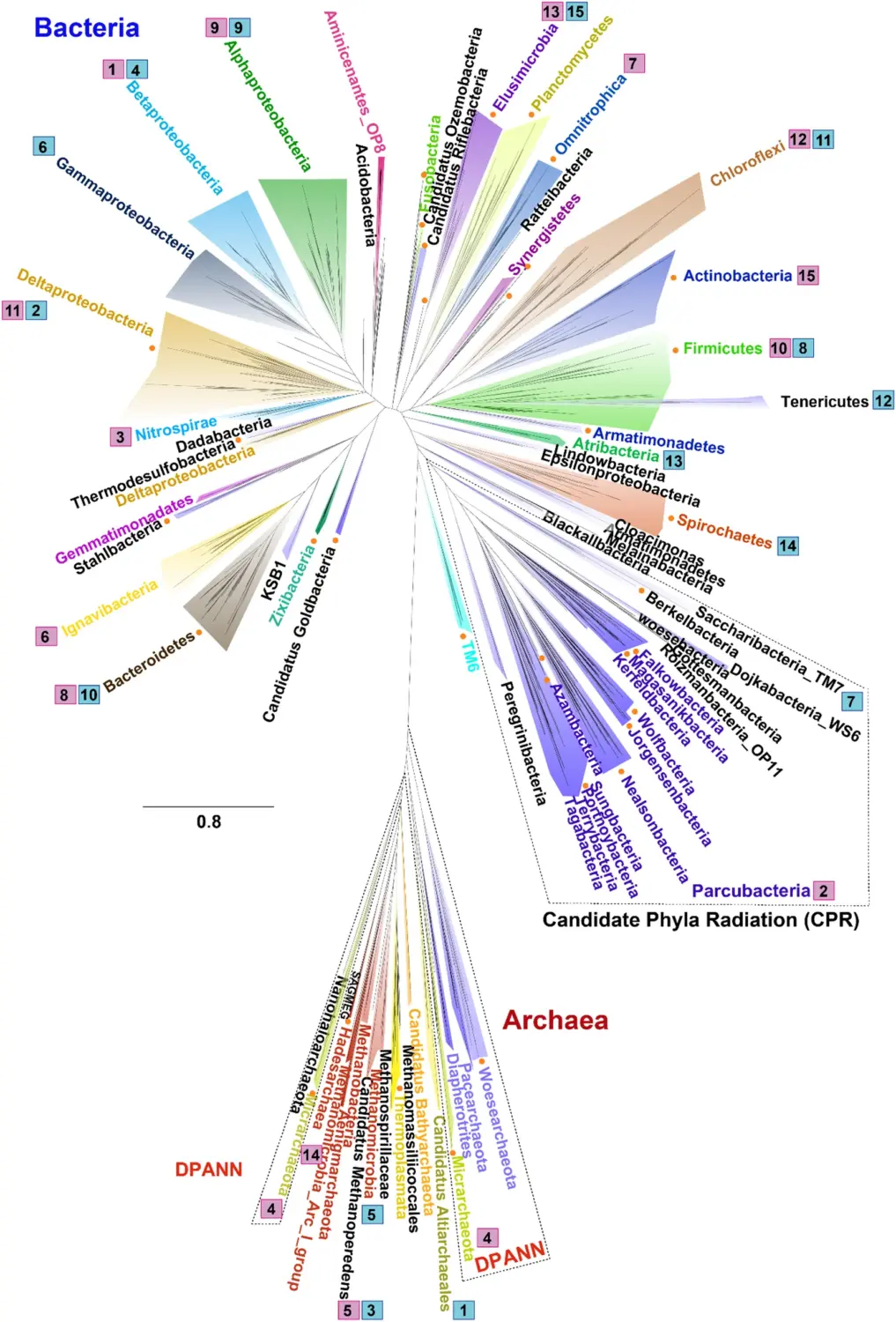
.jpg)
